How Hormones Affect Your Skin During All Life Stages
Discover their role in determining your skin health.

Image: Shutterstock
Hormones regulate multiple chemical processes in our body. From mood changes and reproduction to metabolism and development, they influence many processes – including your skin health. So, let us find out how hormones affect your skin. These changes mostly go unnoticed unless something goes off about your skin. From acne and fine lines to dryness, your skin changes in response to the hormonal fluctuations in your body. In this article, experts and dermatologists explain the connection between hormones and skin and what you can do to keep your skin healthy. Read on.
In This Article
Hormones And The Skin: What Is The Connection?
Hormones like cortisol, estrogen, progesterone, and thyroid hormones impact your body functions and metabolism and influence your overall skin health (1), (2), (3). Dr. Morgan Covington, MD, a Texas-based dermatologist, explains the connection. She states, “Our skin changes throughout our life. For instance, during puberty, an increase in hormones stimulates the sebaceous glands, leading to oily skin, acne, and related issues. On the other hand, with age, the hormonal influence on our skin begins to wane, causing signs of aging and dryness.”
You may start to notice changes in your skin during puberty. That is when your skin starts to respond to the signals that the hormone sends through the receptors. The next section explains how your skin changes at all stages of life.
Key Takeaways
- Hormonal changes during puberty, pregnancy, and menopause impact the skin in many ways.
- Sebum production shoots up during puberty, increasing the risk of acne breakouts.
- Existing spots, scars, and pigmented areas like genitals tend to turn darker during and post-pregnancy.
- Similarly, the production of collagen and elastin fibers takes a hit during menopause, resulting in wrinkles, fine lines, etc.
How Hormones Influence The Skin At All Stages
1. During Puberty
According to Dr. Daniel Boyer, MD, “Imbalance in hormones like estrogen, progesterone, and testosterone is the major cause of skin changes during puberty. Acne flare-ups are common during the beginning of the menstrual cycle due to changes in the ratio of estrogen to progesterone and testosterone.”
High levels of androgens (testosterone) and estrogen cause excess sebum production. As a result, the number of skin microflora (bacteria) increases and leads to acne and breakouts. Hormonal fluctuation throughout the menstrual cycle also affects other skin properties.
For instance, the skin barrier is the weakest between the 22nd and 26th day of the 28-day menstrual cycle. The skin is the driest between days 1 and 6, sebum secretion is highest between the 16th and 20th days of the cycle, and the bacteria count also increases around the same time (4), (5). If you are noticing period acne, it is essential to learn how your hormones affect your skin to manage breakouts effectively throughout your cycle.
How To Care For The Skin: Dr. Hadley King, a board-certified dermatologist, suggests using OTC products like adapalene gel, benzoyl peroxide, and salicylic acid to control excess sebum production and minimize acne.
In this blog, the author shares a personal journey of dealing with adult acne, aging gracefully, and embracing a makeup-free lifestyle. The narrative takes readers through the blogger’s transformation, offering insights into skincare routines, anti-aging tips, and strategies to address acne-related challenges. She wrote, “I had terrible breakouts and recurrent acne from around the age of 14 – 26. I tried lots of things and researched acne a fair bit, however I did not realise or better, did not want to realise a number of key triggers that made my acne so much worse (i).”
2. During Pregnancy And After Childbirth
“The hormones heavily influence the skin appearance during pregnancy,” says Dr. Morgan Covington. She further adds, “If someone has existing skin conditions like acne, psoriasis, and eczema, the fluctuating hormones can further worsen the symptoms.”
Pigmentary changes are common during pregnancy due to high melanocyte-stimulating hormone (MSH), estrogen, and progesterone. As a result, the already pigmented areas like the genital area, nipples, and areola become darker. You may notice enlarged freckles and darkening of existing spots and scars. About 45-75% of the women also develop chloasma or melasma, a condition in which a particular area becomes darker than the surrounding skin (6).
A systematic review of studies focused on dermatologic conditions in pregnancy, encompassing 14,813 participants across four countries. Major skin changes during pregnancy included pregnancy-related skin pigmentation (87.6%-98.05%), linea nigra (54.75%-87.14%), striae gravidarum (2.8%-46.96%), and melasma (54.03%).
The skin also changes after childbirth. Usually, the skin issues that you may experience during pregnancy may improve. However, Dr. Hadley King says, “A dramatic decline in the estrogen and progesterone levels after childbirth can make the skin dry.”
How To Care For The Skin: If you are pregnant, it is better to consult a doctor. As per Dr. Covington, “The treatment plan needs to be altered to ensure the safety of the fetus.”
For minimizing post-partum dryness, Dr. King recommends moisturizers containing humectants, emollients, and occlusives. According to her, “Humectants like hyaluronic acid and glycerin bind water to the skin. Emollients like ceramides, squalene, and fatty alcohols improve skin barrier function and texture, and occlusives like beeswax, silicones, and lanolin minimize transepidermal water loss.”
 Fun Fact
Fun Fact3. During Menopause (Perimenopause And Postmenopause)
Menopause is a turning point for your body, and skin is one of the most affected organs during menopause. Changes in the levels of hormones like estradiol, LH, FSH, AMH, Inhibin B, and GnRH negatively affect the skin, leading to a decrease in collagen and water content, thickness, and elasticity in all layers of the skin (7).
“A rapid drop in estrogen during perimenopause is a significant contributor to skin aging,” says Dr. King. She adds, “During the first five years of menopause, the skin experiences a 30% drop in collagen levels as the fibroblasts produce less collagen and elastin. Moreover, less connective tissues, glycosaminoglycans (mucopolysaccharides that support collagen and elastin), and thinner epidermis and dermis lead to reduced hydration and skin barrier function.”
The skin loses its strength and starts to age during perimenopause (the time right before menopause) and postmenopause (period after hitting menopause). You may notice signs like wrinkles, fine lines, fragile and thin skin, and dryness. Even the signs of photoaging like pigmentation and spots become apparent. Understanding how your hormones affect your skin as you age can help address associated concerns like menopause itching, as hormonal changes during this phase can impact skin health.
How To Care For The Skin: Dr. Covington recommends using moisturizing creams with ceramides and hyaluronic acid for preventing dryness. In addition, vitamin C serum and a broad-spectrum sunscreen with SPF 30+ can prevent further UV damage and skin degradation. According to her, “Topical retinol and retinoid creams can boost collagen production and improve skin texture and tone. Laser treatments and chemical peels can also improve signs of aging.”
Hormone Replacement Therapy (HRT) can also balance estrogen levels, which is crucial for maintaining skin hydration. Several studies have evaluated its positive impact in improving dermal collagen content (8), (9). However, it has several adverse effects.
Dr. King says, “Whether or not HRT is right for you should involve a thorough and individual assessment with your doctor based on specific health risks and concerns as HRT has been associated with increased incidence of cancer and cardiovascular conditions.”
Apart from the hormonal changes, several other extrinsic factors can affect its structural integrity and functions. Let’s take a look.
Other Factors That May Affect Skin Health
The overall skin quality is affected by both internal and external factors. The extrinsic factors include (10):
- Pollution:Exposure to air pollutants speeds up skin aging. It generates reactive oxygen species (ROS) in the skin, which degrades collagen content. Exposure to UV rays depletes the natural vitamin E content of the skin and increases pigmentation and skin cancer.
- Smoking: Nicotine has a toxic effect on the fibroblasts (collagen-producing cells) and causes oxidative damage, leading to wrinkles.
- Sleep Deprivation: A study on postmenopausal women showed that those who slept for less than five hours experienced a higher transepidermal water loss, decreased skin barrier function, worsened dark circles, slight redness, poor cellular regeneration, and an overall tired appearance(10).
- Poor Diet:A diet low in antioxidant-rich foods, vegetables, fruits, and healthy fats affects the overall nutrient levels in the body and leads to deficiencies. This increases the rate of oxidative stress and speeds up skin aging.
- Improper Skin Care: Taking hot baths and harsh alkaline soaps can change the skin pH, disrupt the skin barrier function, and worsen the symptoms of xerosis (abnormally dry skin).
- Immunodeficiency Disorders: Immunodeficiency disorders compromise the body’s ability to fight infections, thereby impacting skin health. Reduced immune response may lead to skin conditions like eczema, psoriasis, and fungal infections that may affect the natural appearance of the skin. Eczema can result in extreme dryness and itchy skin (11). While psoriasis causes plaques with silvery scales (12). Additionally, some of these disorders are incurable, so improper skin care practices or not seeking treatment may worsen the condition.
Along with these external damaging factors, hormonal imbalance can take a toll on your skin health. And the best way to avoid it is by striking the right balance. Donna Kay Parrish, a licensed esthetician says, “Once an individual understands why their skin is acting a certain way, they can help it along by changing some extrinsic factors to help the aging process. But, it’s really difficult for many women going through the aging process, so education and the correct skincare to fit their needs will help their mental health through this process.”
Can You Reset Your Hormones To Improve Skin Health?
There is no way you can reset your hormones. However, if you have an underlying condition like PCOS that causes hormonal imbalance, you may talk to your doctor to address it. They may suggest using birth control pills and spironolactone to regulate the hormones and minimize the symptoms.
According to Kerry Harling, CAP and Integrative Health Practitioner at The University of Pittsburgh’s Center for Integrative Medicine, “Adopting the proper lifestyle as per the underlying condition, and by using food as medicine, it is possible to put the body back into balance and minimize hormonal imbalance.” If you are wondering how to do that, scroll down to the next section.
How To Improve Skin Health: Diet And Lifestyle Tips
1. Get Enough Sleep
When you sleep, your body renews and repairs its physiological systems. Lack of sleep and chronic sleeplessness affect skin quality and speed up skin aging. Studies have found that lack of sleep is related to increased transepidermal water loss and leads to skin dryness. Lack of sleep also hampers the recovery of the skin barrier and causes dark circles (13).
2. Consume A Balanced Diet
Your body obtains nutrients and antioxidants through food, and poor eating habits degrade the skin and speed up skin aging. Eat the rainbow every day as fruits and vegetables of different colors contain high levels of antioxidants, phytonutrients, and vitamins.
Consume plenty of fish and seafood rich in omega-3 fats and dietary protein (via poultry and dairy products) to improve the signs of aging. Also, avoid sugar and baked goods like cookies and cakes as they increase inflammation and cell degradation (autophagy) and affect skin thickness (13).
3. Exercise Regularly
Physical activity is a great way to stay in shape. While exercise has no direct relation to your skin health, it can help reduce emotional stress and cortisol levels in the body.
Psychological stress can affect skin health as our skin has stress receptors. It promotes skin inflammation, stimulates excess sebum production and acne, triggers existing skin conditions like psoriasis, impairs the skin barrier, disrupts the wound healing process, and speeds up skin aging (14), (2).
4. Stay Hydrated
Drink plenty of water to keep the body well hydrated. Water maintains the skin’s internal balance and tissue functions to reduce premature aging and inflammation (13).
5. Follow A Proper Skin Care Routine
Good skin care habits make your skin resilient and help it endure the effects of external factors and aging down the road. According to board-certified dermatologist Dr. Hadley King, “Always use lukewarm water on the skin and go for gentle cleansers without SLS and SLES as these can dry out the skin.”
She says, “Use products with gluconolactone (a type of PHA), lactic acid, and AHAs to gently exfoliate the skin and nourishing ingredients like baobab and aloe vera extracts for anti-inflammatory benefits.”
Ensure to follow a regular CTM routine to keep your skin healthy.
 Pro Tip
Pro TipAlso, avoid smoking and excessive UV exposure to minimize oxidative stress on your skin and follow these additional tips:
- Prioritize your mental health to reduce stress. Meditate, engage in a hobby, go out and socialize.
- Keep a note of skin issues during your monthly cycle. It will help to track patterns of your hormonal ups and downs and adjust your skin care accordingly.
- Schedule regular visits to your dermatologist. In case of any skin abnormalities, do not depend on over-the-counter medicines without prescriptions.
- Avoid fad diets. Some people claim detox cleanse and strict diets can help you recover the damage done to your skin due to hormonal changes. However, such quick fixes may cause undue stress on your skin and overall health.
The state of our skin keeps changing with hormonal fluctuations and age. And once you understand how hormones affect your skin, skin care becomes easier. Hormonal fluctuations, underlying health conditions, and environmental factors affect the skin in different ways. While you cannot reset your hormone levels to maintain your skin health, you can always take measures to strike a balance. Consume a balanced diet and follow a healthy lifestyle. And most importantly, consult a doctor to determine if you have any hormonal issues, deficiencies, and underlying conditions. Once you address them, you will notice an improvement in your skin health.
Frequently Asked Questions
What hormone makes your skin look beautiful?
Estrogen makes your skin look younger with the help of the hyaluronic acid it produces.
What does hormonal acne look like?
Hormonal acne can manifest as whiteheads, blackheads, papules, pustules, cysts, and nodules. Explore our guide that teaches you how to treat hormonal acne and learn how to address persistent breakouts.
Does estrogen affect your face shape?
Yes. Estrogen prevents the growth of facial bones, leads to larger eyes, reduces the size of the nose and chin, and makes the lips plumper.
Which hormone causes oily skin?
Progesterone is known for increasing sebum production in the skin (15). This can lead to an increase in the skin’s natural oils that may cause the appearance of oily skin, the formation of acne, and aggravate breakouts.
Fluctuations in hormones can significantly impact your skin, contributing to issues like acne and uneven texture. Understanding these hormonal influences is key to developing an effective skin care routine for healthier skin, as explored in the video below. Check it out!
Personal Experience: Source
StyleCraze's articles are interwoven with authentic personal narratives that provide depth and resonance to our content. Below are the sources of the personal accounts referenced in this article.
(i) My skin journey: adult acne, aging gracefully, and going makeup freehttps://theemptiesdiaries949418098.wordpress.com/2019/04/21/my-skin-journey-adult-acne-aging-gracefully-and-going-makeup-free/
References
Articles on StyleCraze are backed by verified information from peer-reviewed and academic research papers, reputed organizations, research institutions, and medical associations to ensure accuracy and relevance. Read our editorial policy to learn more.
- Effect of estrogens on skin aging and the potential role of SERMs
https://www.ncbi.nlm.nih.gov/labs/pmc/articles/PMC2685269/ - Brain-Skin Connection: Stress Inflammation and Skin Aging
https://www.ncbi.nlm.nih.gov/labs/pmc/articles/PMC4082169/ - Thyroid hormone action on skin
https://www.ncbi.nlm.nih.gov/labs/pmc/articles/PMC3219173/ - The menstrual cycle and the skin
https://onlinelibrary.wiley.com/doi/pdf/10.1111/ced.12588 - Effect of systemic hormonal cyclicity on skin
https://pubmed.ncbi.nlm.nih.gov/16258697/ - Pregnancy and Skin
https://www.ncbi.nlm.nih.gov/labs/pmc/articles/PMC4311336/ - Revisiting the effects of menopause on the skin: Functional changes clinical studies in vitro models and therapeutic alternatives
https://www.sciencedirect.com/science/article/abs/pii/S0047637419301988 - Estrogen and skin: the effects of estrogen menopause and hormone replacement therapy on the skin
https://pubmed.ncbi.nlm.nih.gov/16198774/ - Skin Disorders During Menopause
https://www.mdedge.com/dermatology/article/106506/aesthetic-dermatology/skin-disorders-during-menopause - Beyond photoaging: additional factors involved in the process of skin aging
https://www.ncbi.nlm.nih.gov/labs/pmc/articles/PMC6159789/ - Eczema
https://pubmed.ncbi.nlm.nih.gov/30855797/ - Psoriasis
https://www.ncbi.nlm.nih.gov/books/NBK448194/ - Diet and Skin Aging—From the Perspective of Food Nutrition
https://www.ncbi.nlm.nih.gov/pmc/articles/PMC7146365/ - Regular exercise is associated with emotional resilience to acute stress in healthy adults
https://www.ncbi.nlm.nih.gov/labs/pmc/articles/PMC4013452/ - Regulatory roles of sex hormones in cutaneous biology and immunology
https://pubmed.ncbi.nlm.nih.gov/15795118/
Read full bio of Donna Kay Parrish
Read full bio of Ramona Sinha
Read full bio of Eshna Das
Read full bio of Monomita Chakraborty














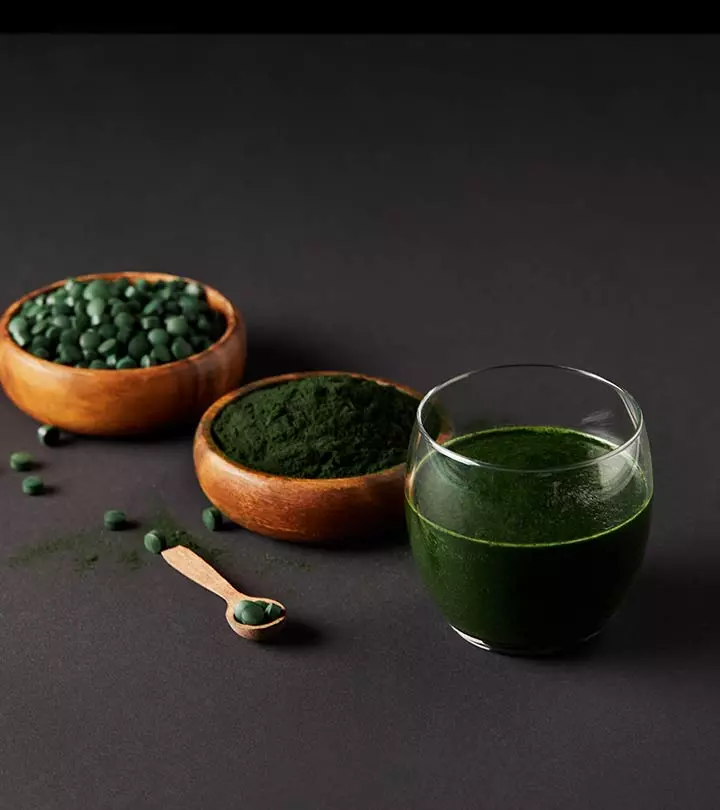
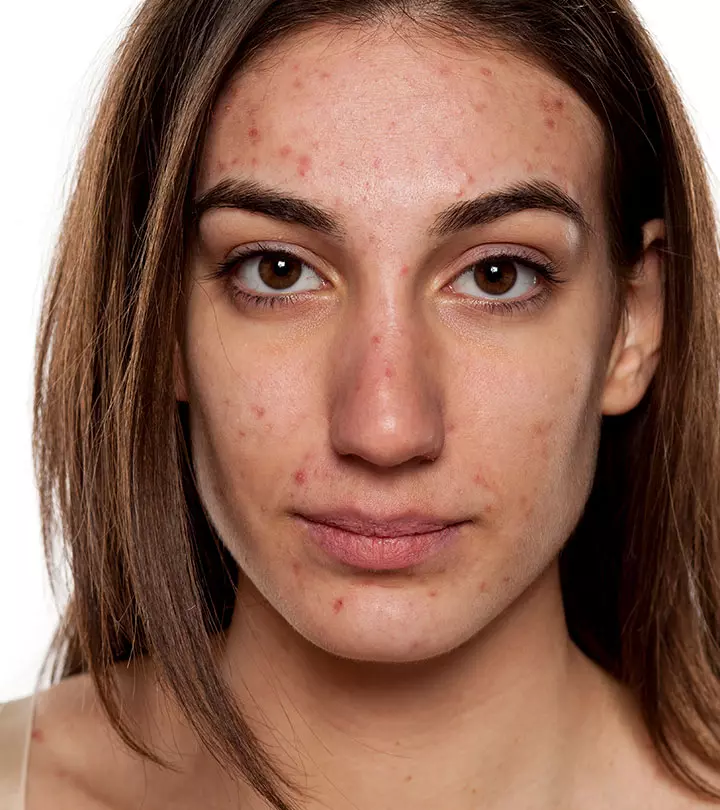
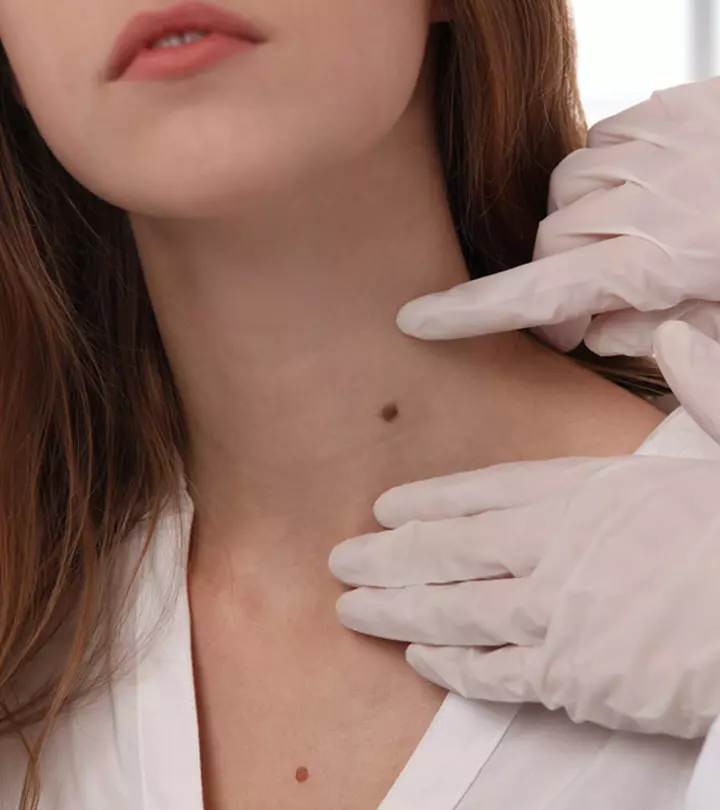
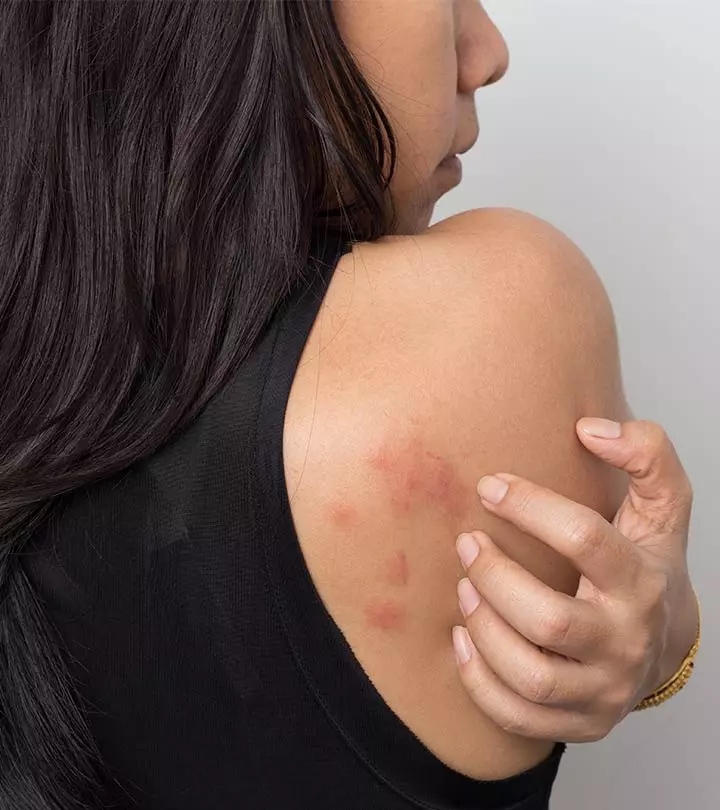

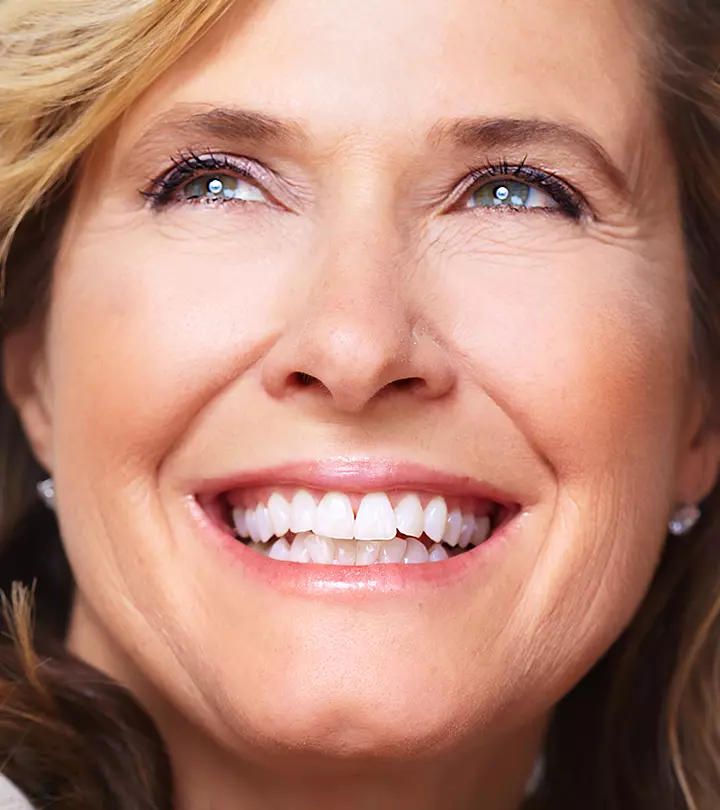
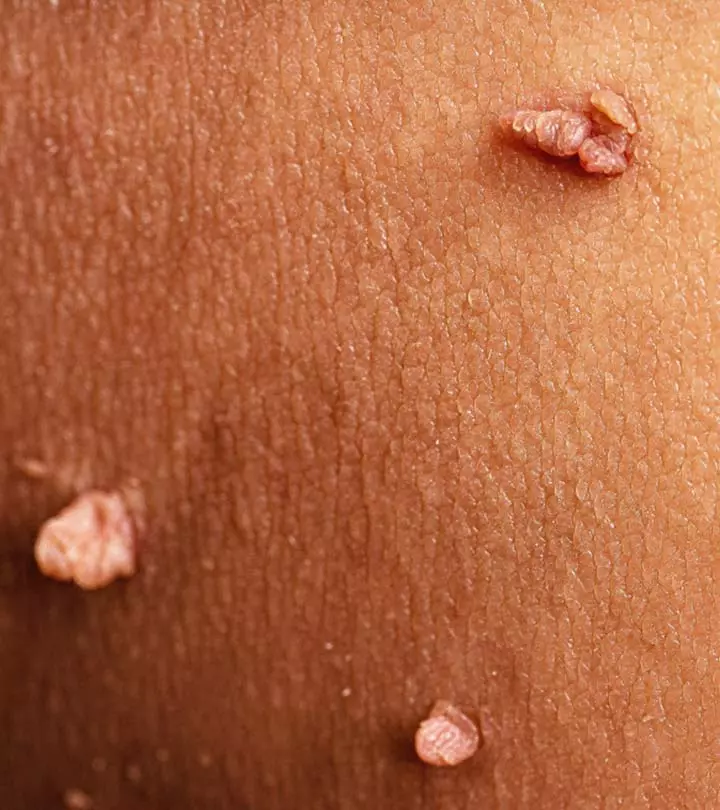
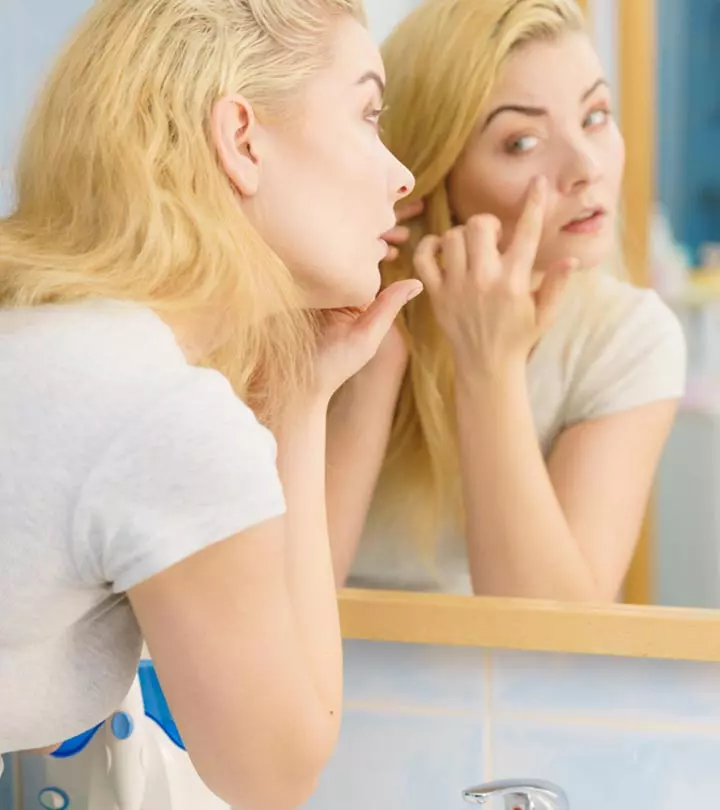

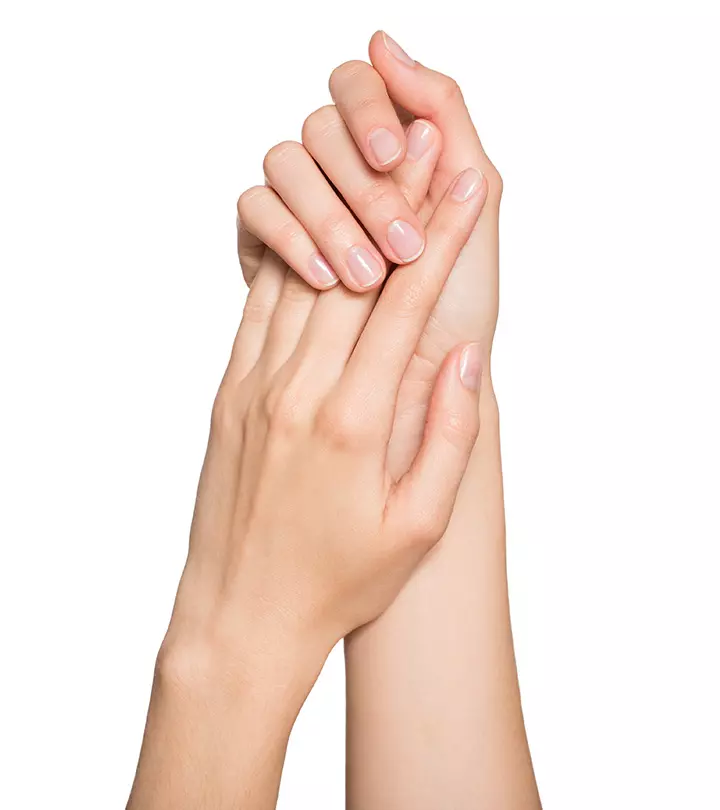
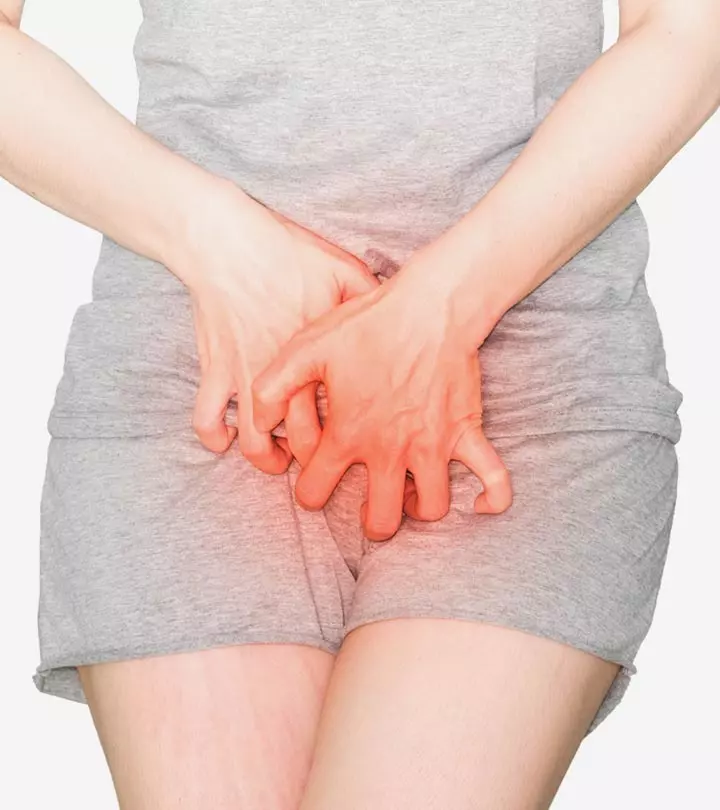
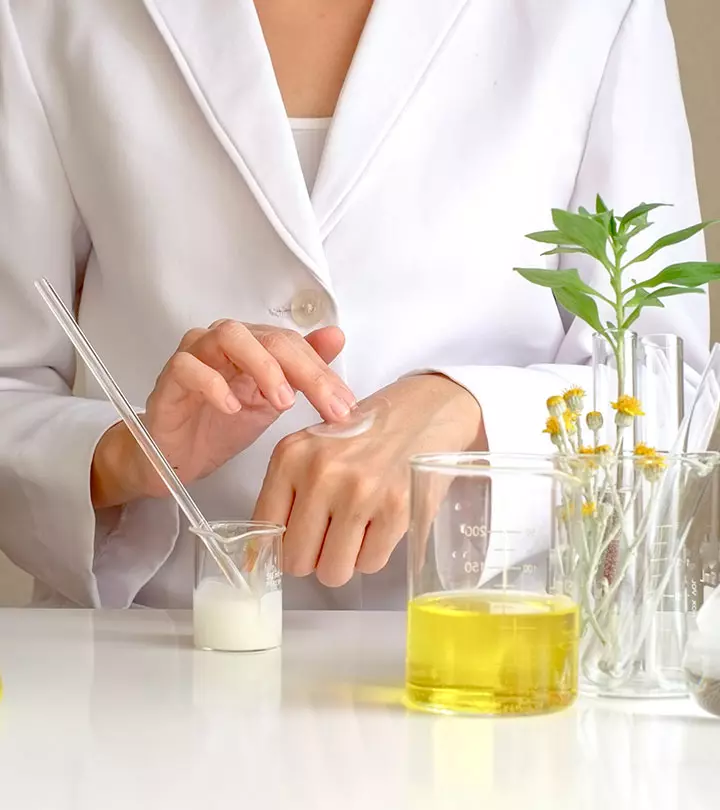
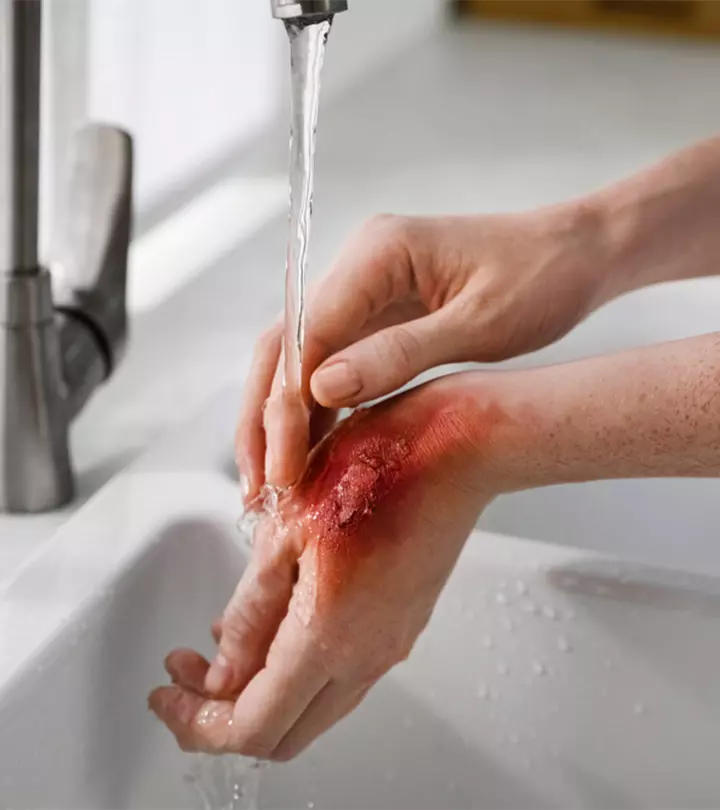
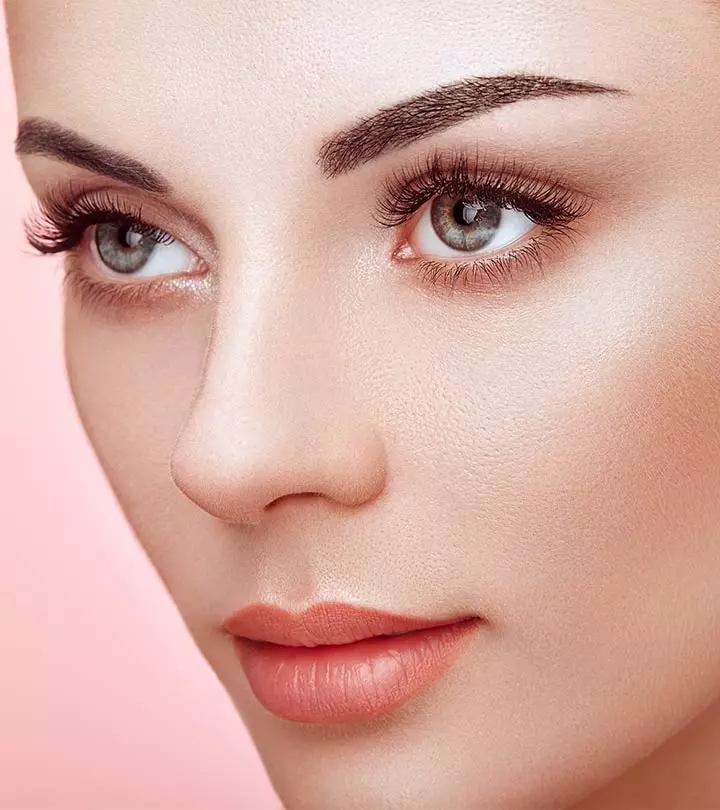
Community Experiences
Join the conversation and become a part of our empowering community! Share your stories, experiences, and insights to connect with other beauty, lifestyle, and health enthusiasts.